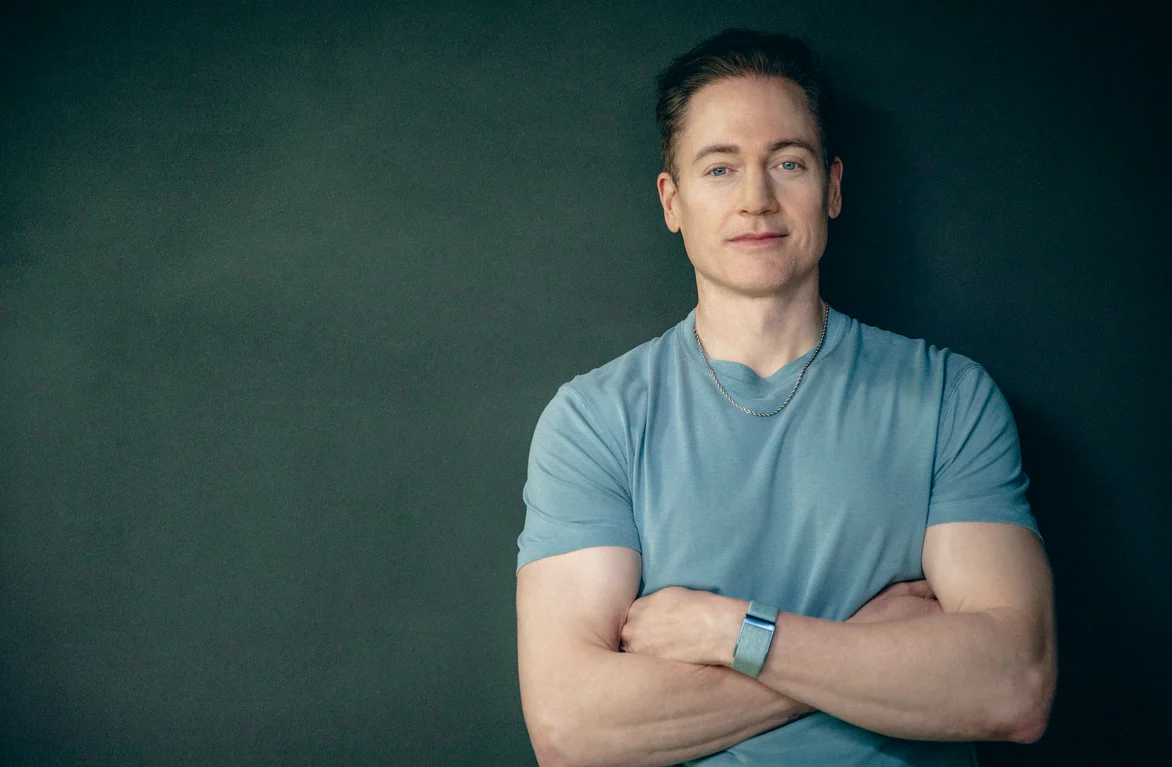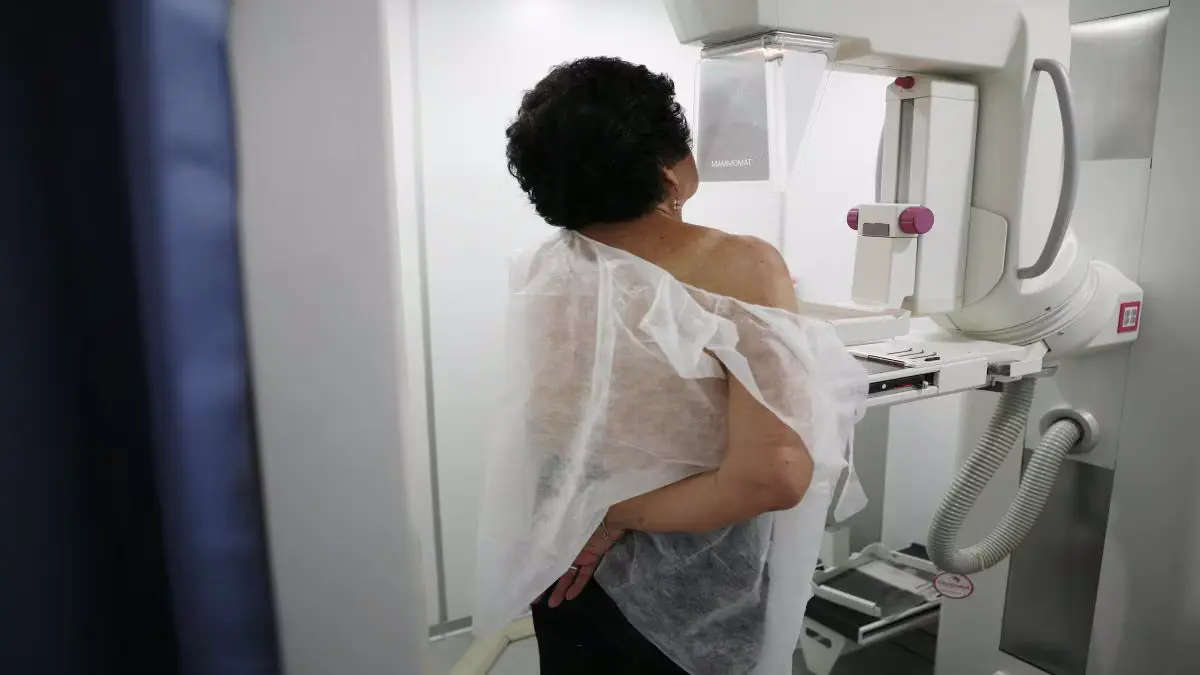Bryan Johnson, a 47-year-old tech American entrepreneur known for his obsessive quest to reverse his biological age, has made headlines again, this time for his decision to discontinue the use of rapamycin, a drug that he had been taking for nearly five years in hopes of achieving longevity. Johnson, who has become an anti-ageing influencer, had committed to an intense regimen of health experiments, spending millions to slow down or even reverse the process of ageing, which included his use of rapamycin. However, he now believes that the negative side effects of the drug outweigh any potential benefits, leading to his decision to stop its use.
Rapamycin, an immunosuppressant drug typically prescribed to transplant patients to prevent organ rejection, has gained attention for its potential off-label use in anti-ageing research. Some studies have suggested that it might extend the lifespan of animals like mice, sparking interest in its potential as a longevity treatment for humans. Johnson, who followed what he described as “the most aggressive rapamycin protocol” in the industry, had been consuming 13 milligrams of the drug daily as part of his anti-ageing regimen. He had hoped the drug would slow down his biological clock, effectively helping him live longer, healthier years.
However, after almost five years of testing the effects of rapamycin, Johnson came to the conclusion that its potential benefits were far outweighed by the side effects. In a statement made on September 28th, 2024, Johnson revealed his decision to stop taking the drug, ending what had been an extensive period of experimentation. He admitted that, despite the promising pre-clinical trials and research, he and his team found that long-term use of rapamycin could cause more harm than good. Johnson highlighted that rapamycin has been associated with disrupting lipid metabolism, as well as inducing insulin and glucose intolerance, conditions that could pose significant risks to overall health in the long run.
The decision to discontinue rapamycin comes after careful consideration by Johnson and his medical team. He has been closely monitoring his health through regular testing of biomarkers to track the effects of his aggressive anti-ageing regimen. Johnson, who is committed to pushing the boundaries of science in the pursuit of longevity, explained that the research surrounding longevity drugs is constantly evolving, which requires him to stay vigilant about any potential risks. He noted that while some compounds show promise, the long-term safety and efficacy of many of them remain uncertain.
Johnson’s quest for eternal youth has become a public fascination, as he has made the bold choice to dedicate his life to anti-ageing experiments. Every year, Johnson spends approximately $2 million on medical diagnostics, cutting-edge treatments, and a meticulously planned regimen of diet, exercise, and sleep in an attempt to slow down, and even reverse, the effects of ageing. This commitment to self-experimentation has turned Johnson into a high-profile figure in the longevity space, making him an influential voice among those interested in age-defying science.
In addition to rapamycin, Johnson has undergone a range of unconventional and controversial treatments, such as total plasma exchanges and blood transfusions, in hopes of rejuvenating his body. Earlier in 2024, he revealed that he had participated in a plasma exchange procedure, where his blood was replaced with a protein-rich solution, a process that differs from his infamous “blood boy” experiment in which he exchanged blood with his teenage son in 2023. These radical methods have sparked debate within the medical and scientific communities, with some experts questioning the safety and ethical implications of such procedures.
While Johnson’s journey into the world of longevity science has drawn both admiration and skepticism, he remains steadfast in his belief that ageing is a condition that can be slowed, halted, or even reversed through technological and medical advancements. His efforts, however, have also served as a reminder of the limitations and risks involved in pioneering treatments that are not yet fully understood or widely accepted by the medical community.
Despite Johnson’s personal experience with rapamycin, he remains optimistic about the future of anti-ageing science. He continues to explore other compounds and treatments that may offer safer and more effective solutions to extending human lifespan. Johnson’s decision to stop rapamycin does not mark the end of his quest for eternal youth; instead, it reflects the ongoing trial-and-error nature of cutting-edge science, where the search for longevity is an evolving process.
As Johnson’s journey continues, his story serves as both an inspiration and a cautionary tale for others interested in exploring the possibilities of longevity medicine. His willingness to share the successes and setbacks of his experiments with the public has opened up conversations about the ethics of anti-ageing research, the role of self-experimentation, and the limits of scientific knowledge when it comes to extending human life.
Bryan Johnson’s decision to ditch rapamycin highlights the ever-changing landscape of longevity science. While some treatments may show promise in animal studies, the real-world impact on human health remains uncertain, and the risks associated with such interventions are often underestimated. As Johnson continues to explore new ways to defy ageing, his story underscores the importance of carefully evaluating the safety and efficacy of emerging therapies before they are embraced by the wider public.
Ultimately, the pursuit of longevity is a complex and multifaceted journey that requires a balanced approach, one that takes into account both the potential benefits and risks of new treatments. For now, Johnson’s decision to step away from rapamycin represents a significant moment in the ongoing search for solutions to the ageing process, reminding us all of the importance of informed decision-making in the realm of cutting-edge medicine and health.






















